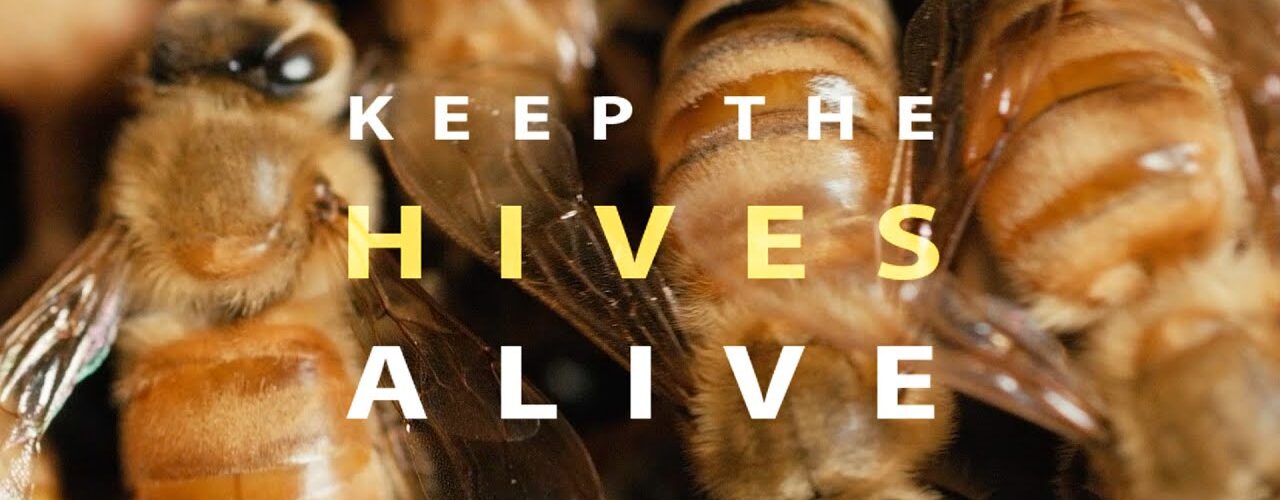Pollination is crucial for the survival of the human race, as it sustains plant life, which in turn supports our existence. In recent years, the decline in honeybee populations in North America has sparked concern among scientists and beekeepers alike. While climate change has been identified as a contributing factor, many beekeepers attribute the decline primarily to pesticides.
The impact of pesticides on honeybee populations is staggering, with estimates suggesting that the annual loss of bees due to these chemicals could fill a football stadium seven feet deep with dead bees. Recognizing the urgency of the situation, one individual has taken on the task of gathering accounts from beekeepers who have suffered significant losses and advocating for bee protection measures before policymakers.
Agroecologist Jonathan Lundgren underscores the severity of the challenges facing our planet. Pesticides, toxic to bees, are pervasive across at least 13% of North America’s land surface, leading to widespread contamination. Lundgren identifies pesticides as symptomatic of larger issues, including insufficient landscape diversity and excessive disruption.
Restoring the biological balance of the soil is paramount to reducing reliance on pesticides. This process begins with ending practices like tilling, which disrupt soil ecosystems. Failure to reform food production systems threatens to exacerbate bee decline and compromise agricultural sustainability.
Without intervention, soil degradation will render land infertile, jeopardizing crop production. The necessity of additives to stimulate crop growth underscores the loss of soil fertility over time. However, there is hope. Solutions exist to address these challenges and restore ecological balance.





Add comment